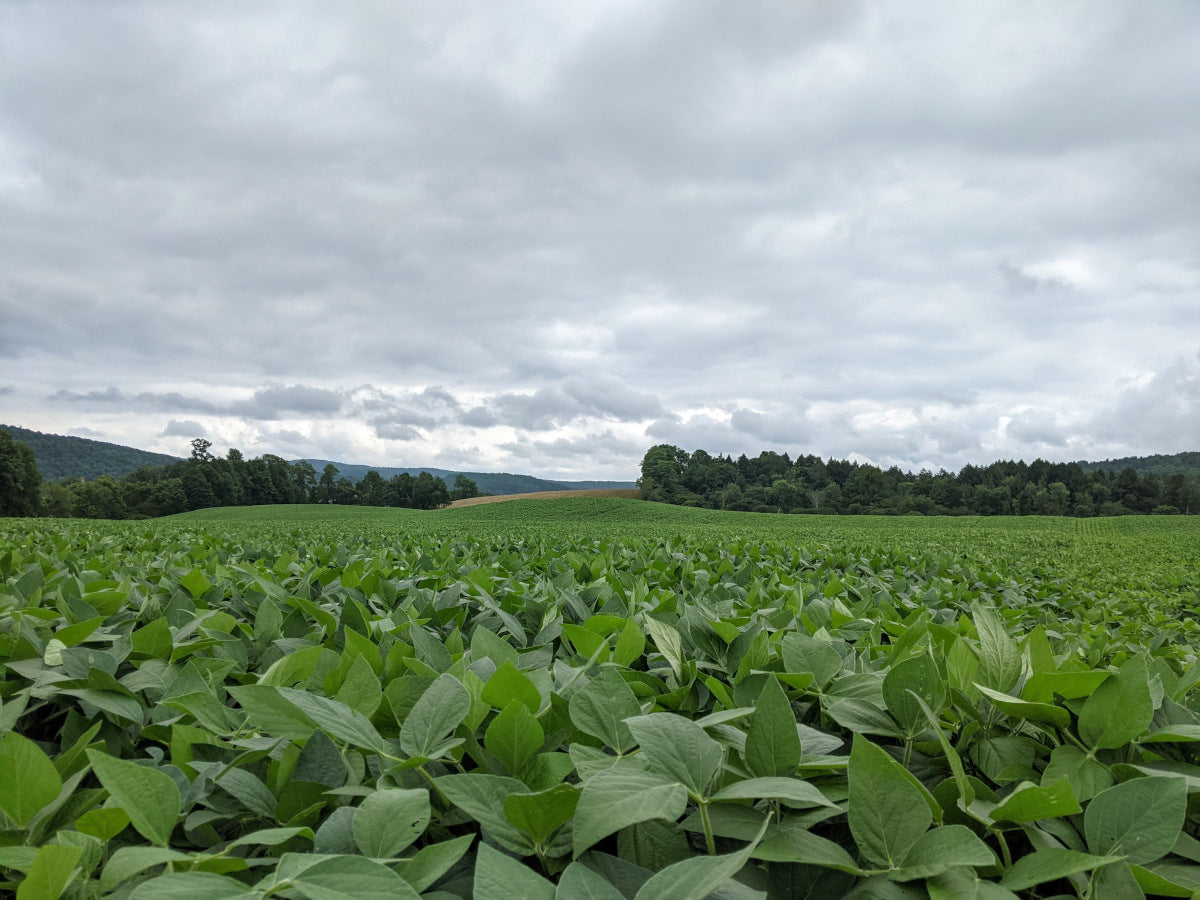I’ve noticed that when we (meaning farmers like me) argue for the merits of small farms we do it by pointing out the failures of the industrial food system. From mistreating animals and workers to degrading the environment, big farms do a lot of things wrong. Small farms can have exactly the same issues, albeit on a more limited scale, but it seems like when farming reaches a certain scale suffering and exploitation become unavoidable.
But what if this isn’t the case? A couple weeks ago the Washington Post published an article about farming in the Netherlands that is worth careful consideration, particularly if you, like me, are interested in the the future of food. Scroll through the article and you’ll see excellent and commendably thorough pictures of pork, chicken, and egg facilities, including photos of ta slaughterhouse in the case of pigs.
While I’m not crazy about the conditions I see in some of the pictures, particularly for the pigs, on the whole the farms look better than many similarly sized American farms. Further, according to the article, egg company Kipster has made a commitment to animal welfare that no American farm or company that I know of has matched. Because only hens lay eggs, the industry standard is for male birds to be euthanized as day-old chicks. Kipster instead raises them out for meat.
What I think the Dutch farms show is that significant improvement of animal welfare in factory farms is possible. Another data point on this is the recent move by California to ban pork from sows confined to farrowing crates. I anticipate more slow, steady advances of this sort in years to come — increased space requirements for each animal, air quality standards, perhaps even mandates for bedding and species-appropriate stimuli.
More speculatively, advances in genetics and the physiology of stress might facilitate the breeding of animals with radically lower stress responses than the current norm. It might be possible to breed pigs and chickens that not only survive in factory farms but are actually content doing so. As I said, it’s speculative, but it looks much more likely to me than cheap lab grown meat or a sudden shift towards veganism.
And this brings me back to farms like mine. What story do we tell if factory farms are no longer such a monstrous foil? While this isn’t yet reality, I nevertheless think it’s worth exploring, and not just because it’s a possibility. The unfortunate fact is that primarily focusing on the problem with mainstream agriculture hasn’t brought about a renaissance of small farms.
What, then, should a farmer like me say? How should I make an affirmative case for farms like mine? I’m not sure, but next week I’ll take a crack at it.

